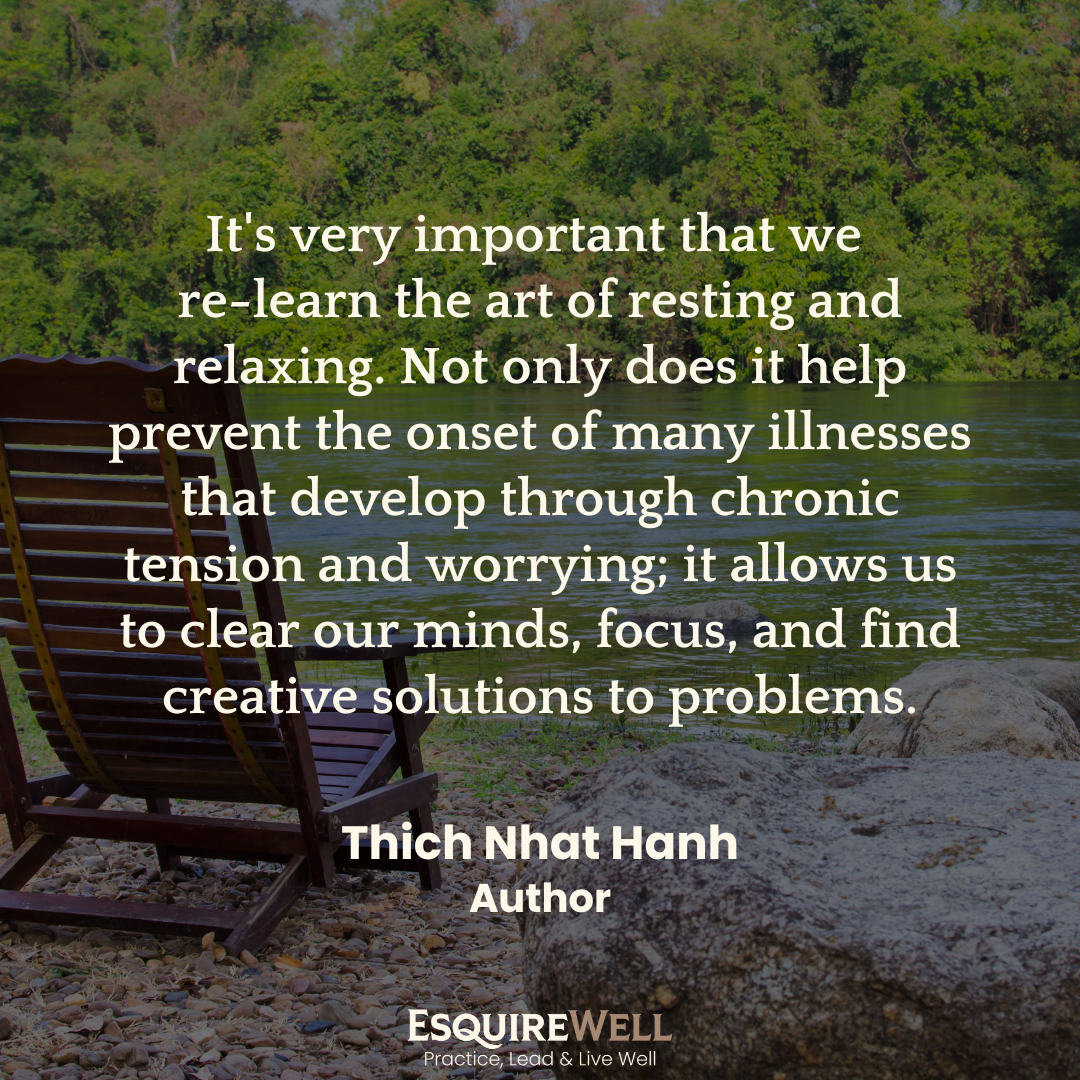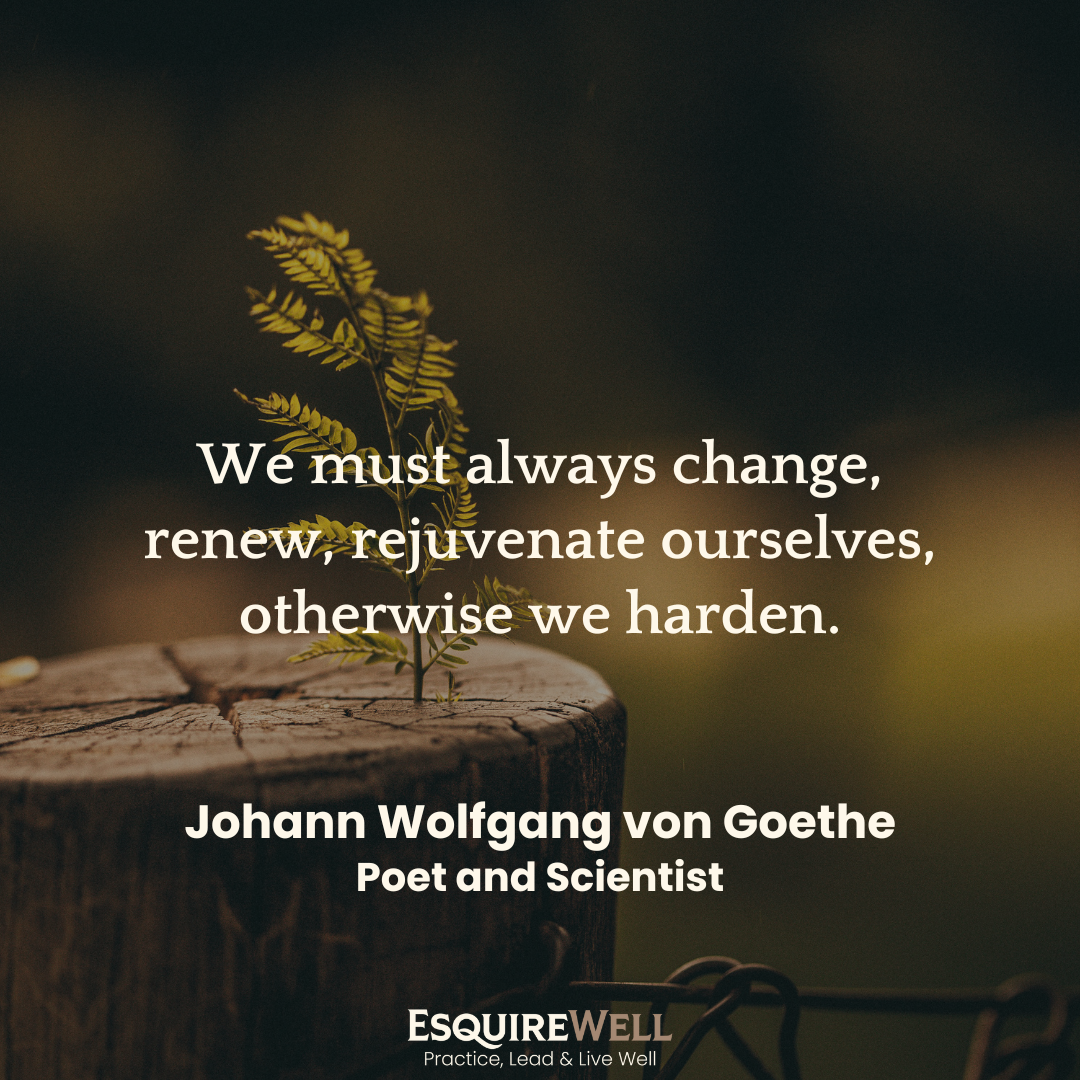The Long Weekend Your Brain Has Been Waiting For

I did something rare and wonderful that we often talk about, but never follow through with: I took myself out on a solo date.
My husband and son headed to our family cabin, our daughters are studying abroad, and I have just a couple more meetings and projects to wrap up today from my office.
So last night, with no parental or other responsibilities, what did I do?
I went to dinner alone (table for one, please) and then caught The Nacirema Society at the Guthrie Theater since I’d been wanting to see it. It was beautiful and funny, and I found myself fully immersed - no multitasking, no refreshing email.
For those few hours, I could feel my brain unclenching.
That, friends, is mental rest - and it’s not just nice. It’s necessary.
Minnesota Knows Rest
If you’re from around here, you probably know: Minnesota has the highest per capita cabin ownership in the country (that’s what 10,000 lakes will get you). For many families - mine included - Memorial Day, Fourth of July, and Labor Day weekends mean heading "up north," grilling on the deck, watching loons on the lake, swinging in the hammock, and remembering that we are more than our work.

Whether or not you have a cabin, we all need a place (or a practice) that helps us unplug. Because as lawyers and legal professionals, our brains are in constant overdrive, and that kind of sustained cognitive demand has a cost.
Your Brain Needs What Your Muscles Need
Think about what happens after a tough physical workout: you rest your muscles so they can rebuild and come back stronger.
Your brain works the same way.
Legal work demands constant analysis, judgment, problem-solving, and decision-making. When you never give your brain a break, you’re more likely to experience:
- Cognitive fatigue
- Reduced working memory
- Slower processing
- Poorer emotional regulation
- Tunnel vision when solving problems
Rest isn't time away from your best thinking—it's what lets your best thinking come back online.
"What the brain does in downtime is to engage in a kind of mental housekeeping – it's making new connections between unrelated ideas, which helps solve complex problems and increase productivity and creativity." - Daniel Levitin, neuroscientist
The Science Behind Rest (Even When You're Tempted to Work)
We live in a culture—especially in law—where we’ve been conditioned to believe that rest must be earned. That stopping makes us less valuable. But science and leadership research say otherwise:
- Cognitive Recovery: The prefrontal cortex (your brain’s executive function center) fatigues quickly and needs breaks to avoid errors and maintain clarity.
- Creative Problem-Solving: Strategic insights often happen during rest, not during grind. The brain’s "default mode network" activates when we’re relaxed, leading to breakthroughs.
- Improved Focus and Decision-Making: Rest helps regulate stress hormones and restore attention, so when you return to work, you're sharper, not slower.
So if you're tempted to "just knock out a few things" this weekend, ask yourself: What would serve you better - three more emails, or a rested brain ready to handle next week’s complexity with clarity?
What Counts as Rest?
Rest isn’t necessarily doing nothing; it’s doing something that gives your brain space to breathe.
Some ideas:
- A walk around a lake (no AirPods this time)
- Reading a novel just for the joy of it
- A long drive up north with good music and no agenda
- Gardening, hammocking, fishing, paddleboarding
- Taking yourself out to dinner (yes, really; it’s lovely)
- Laughing with your kids over a board game or bonfire
If it lets your nervous system relax, it counts.
Make Rest Actually Happen
- Block it like a meeting. Put it on your calendar so it doesn’t get absorbed by email.
- Set boundaries. Tell your team or clients you’ll be off and stick to it.
- Reframe rest. It’s not indulgent. It’s intelligent. It’s how high performers sustain high performance.
Whether you’re heading up to the cabin, strolling around a city lake, or simply enjoying a slow morning with a hot cup of coffee—remember: rest isn’t slacking, it’s strategy.
Recommended Resources
[Article] Why Downtime Is Essential for Brain Health | Cleveland Clinic
[Article] We’re Doing Downtime Wrong | NeuroLeadership Institute
[Article] The Scientific Case for Downtime | Psychology Today
[Video] How Rest Can Make You Better at Your Job | The Way We Work, a TED series
[Video] Redefining Rest - Slowing Down to Speed Up! | Bec Heinrich | TEDxFargo
Feel free to download, share, and use these quotes to inspire yourself and others!



